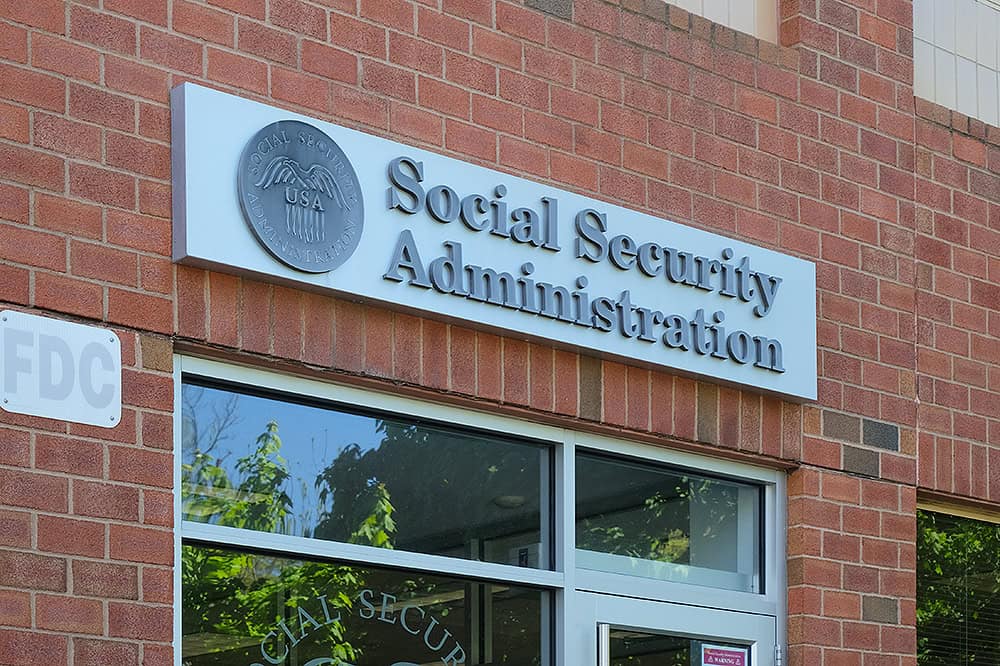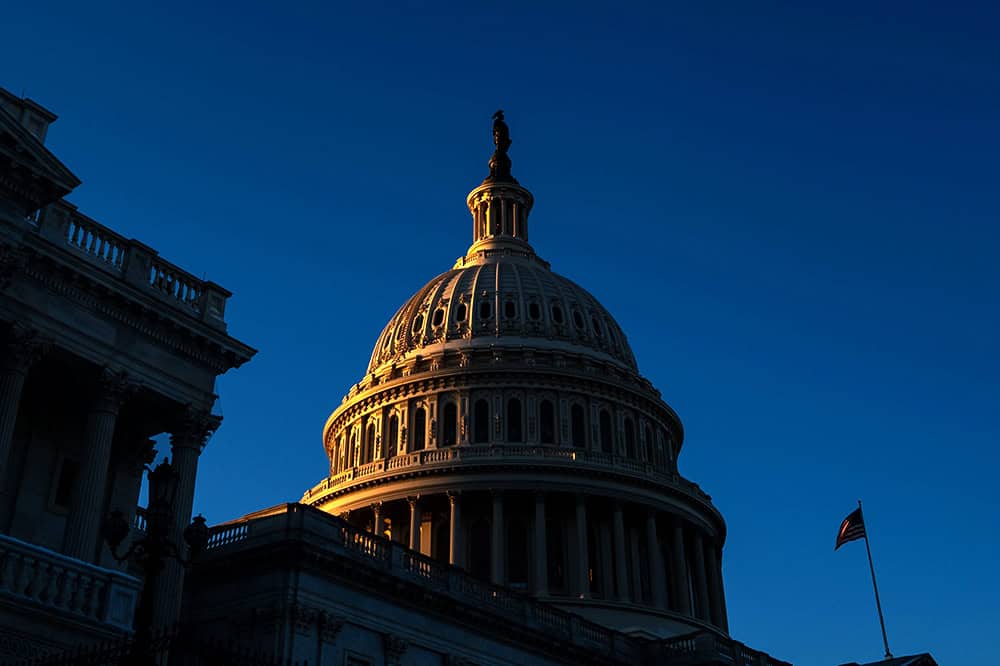PGPF Analysis of "Fiscal Cliff" Deal
The American Taxpayer Relief Act of 2012 Delays by Just One Year the Nation's Unsustainable Debt Outlook
NEW YORK — Recent budget reforms have not significantly improved the nation’s long-term fiscal outlook, according to a report released today by the Peter G. Peterson Foundation. The report analyzes how the American Taxpayer Relief Act of 2012 (ATRA), the agreement passed on New Year’s Day to avert the fiscal cliff, impacts the outlook for U.S. federal debt. The report concludes that passage of ATRA and the Budget Control Act of 2011 (BCA) merely delays the U.S. reaching debt-to-GDP levels that would damage the economy and risk a fiscal crisis.
Key Findings in the Analysis Include:
- ATRA improved our long-term budget outlook by only about one year. Before the enactment of ATRA, federal debt was projected to climb to 200 percent of GDP within 26 years under current policies. After ATRA, debt is projected to climb to 200 percent of GDP in about 27 years.
- Sequestration under the BCA will also not improve the outlook significantly. Even if the budget sequester (under the BCA) is fully implemented, federal debt would still reach 200 percent of GDP within about 28 years.
- Including the cumulative effects of the 2011 BCA, ATRA, and the sequestration, debt is now on track to reach 200 percent of GDP by 2040, just five years later than was projected prior to the passage of these reforms.
- Debt is now projected to grow from 72 percent of GDP in 2012 to 87 percent of GDP in 2022, down only slightly from the 90 percent of GDP in 2022 projected before ATRA was passed. Contrary to some other claims, debt has not been stabilized over the next decade. Debt will continue to grow between now and 2022 and will accelerate significantly after 2022.
- The nation’s current unsustainable debt trajectory would be damaging to economic growth. Many economists suggest keeping debt at or below 60% of GDP, and empirical research indicates that economic growth slows for countries which have debt levels exceeding 90% of GDP.
- Lawmakers must act soon to put long-term debt on a sustainable path. Most Medicare and Social Security reform plans exempt Americans within 10 years of retirement, in order to ensure that retirees and near-retirees do not experience sudden changes in the rules under which they’ve planned for retirement. But such a delay makes it all the more urgent to agree on changes now. Reforms should be implemented gradually, and fiscal improvements must be achieved before our debt level and interest payments are so high that sudden or more draconian reforms are required to avert a fiscal crisis.
“The American Taxpayer Relief Act may have prevented the immediate threats that the fiscal cliff posed to our fragile economic recovery, but we haven’t remotely fixed the nation’s debt problem,” said Michael A. Peterson, President and COO of the Peterson Foundation. “The primary goal of any sustainable fiscal policy is to stabilize the debt as a share of the economy and put it on a downward path, and yet our nation is still heading toward debt levels of 200 percent of GDP and beyond. Americans shouldn’t be under any false impression that our debt problems are behind us. And because it takes years to implement policies fairly and gradually, we need to make decisions now, before we are forced by markets to take severe action that hurts our economy and our citizens.”
The Foundation’s analysis finds that recent deficit-reduction measures had little effect on the nation’s long-term debt outlook because they fail to address the key drivers of the growing debt, including the most significant component: rapidly rising health care costs. Spending on health care entitlements, Social Security, and interest costs are still projected to rise faster than revenues, leading to widening deficits and growth in federal debt. Until spending in those areas is reduced, tax revenues are increased, or policymakers implement a combination of both, the United States will continue to have a severe long-term debt problem.
Read the full report here.
About the Peter G. Peterson Foundation
The Peter G. Peterson Foundation is a nonprofit, nonpartisan organization established by Pete Peterson — businessman, philanthropist, and former U.S. Secretary of Commerce. The Foundation is dedicated to increasing public awareness of the nature and urgency of key long-term fiscal challenges threatening America’s future and to accelerating action on them. To address these challenges successfully, we work to bring Americans together to find and implement sensible, long-term solutions that transcend age, party lines and ideological divides in order to achieve real results. To learn more, please visit www.PGPF.org.
Further Reading
Lawmakers are Running Out of Time to Fix Social Security
Without reform, Social Security could be depleted as early as 2032, with automatic cuts for beneficiaries.
What Is the National Debt Costing Us?
Programs that millions of Americans depend on and care about may be feeling a squeeze from interest costs on our high and rising national debt.
Interest Costs on the National Debt Are Reaching All-Time Highs
The most recent CBO projections confirm once again that America’s fiscal outlook is on an unsustainable path — increasingly driven by higher interest costs.


